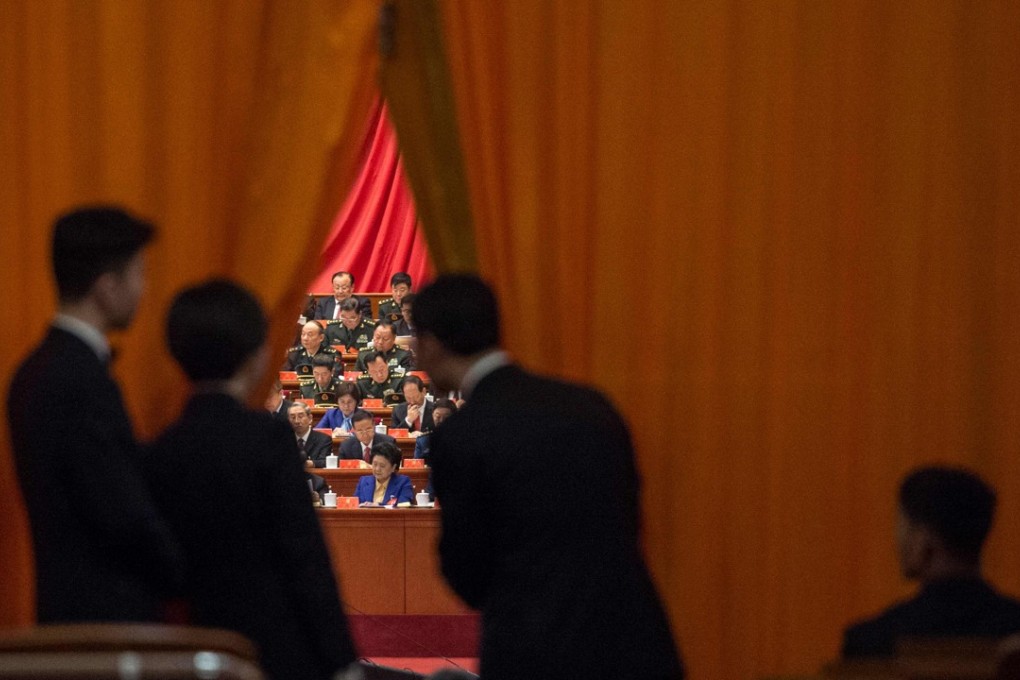Now a leading nation, China must shed its ‘poor cousin’ persona
Daniel Wagner says Xi Jinping’s forceful speech at the party congress gives notice of the country’s arrival as a global power. It does not befit its status to receive aid as a developing country, nor play by its own rules in a world it seeks to lead

Xi made it clear he no longer considers China to be a poor country but, of course, that has not been the case for some time. China lifted the vast majority of its citizens out of poverty decades ago, it has for decades amassed a staggering compilation of foreign exchange, and has become the world’s second-largest economy (soon to be the largest). That being the case, Xi’s declaration that China is not a poor country should have surprised no one.
Watch Xi Jinping’s marathon speech in 3 minutes
Time for China to have a bigger global say, Xi tells world
That said, the desire to claim China’s emerging status as a great power raises a whole host of questions that Xi and the Communist Party must address. For example, when will China (and the multilateral development banks) stop perpetuating the country’s status as a recipient of development assistance? That these banks continue to lend to China makes absolutely no sense, since China has more than sufficient financial resources to take care of its own needs. Its failure to do so takes much-needed funding away from genuinely poor countries that truly need the money.
By virtue of its global economic ranking, China should be a lender to – not a borrower of – precious development resources, and a country with China’s financial depth should also be devoting much more resources to foreign assistance than it does.
These issues are exemplary of China’s chosen “dual” role as both a developed country seeking to claim its rightful place among the world’s leading nations, and a developing nation that will continue to require more resources from other nations to become fully developed. In this regard, China can rightly be accused of wanting to have its cake and eat it, too – it wants to have the benefits of receiving the multilateral development assistance normally afforded to developing countries, while at the same time wanting to be able to flex its muscles in international fiscal and monetary affairs.